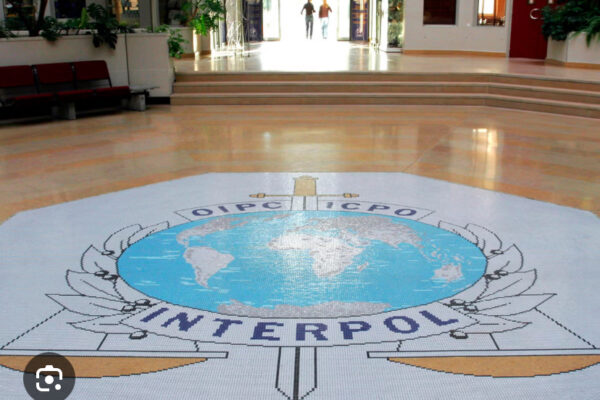The Economic and Financial Crimes Commission (EFCC) has launched a full-scale investigation into a suspected N1.3 trillion crypto fraud linked to the now-defunct digital investment platform, CryptoBank Exchange (CBEX). The EFCC confirmed it is partnering with the International Criminal Police Organisation (INTERPOL) to track both local and international culprits behind the scam. CBEX, reportedly operated by foreign nationals in partnership with Nigerians, abruptly collapsed on Monday, leaving thousands of investors locked out of their accounts. Many woke up to find their balances wiped out, with the platform demanding additional deposits before access could be restored. EFCC spokesperson Dele Oyewale said the commission had already initiated a probe before the collapse, following intelligence reports. “We had our intelligence before the incident. We were already working on it, but now that the scheme has collapsed, the major actors and their collaborators will be brought in,” he said on Tuesday. He assured Nigerians that the EFCC is committed to exposing and dismantling Ponzi schemes like CBEX, highlighting that several similar operations are also under active investigation. “Additionally, there are similar frauds across the country that people are unaware of, and we are working to uncover them. We are on the local collaborators while we are partnering INTERPOL to trace the foreign operators,” Oyewale added. Although the exact scale of losses is yet to be officially verified, unconfirmed reports estimate the stolen funds at over $847 million (about N1.3 trillion), with both Nigerian and foreign investors affected. CBEX, which promised 100% returns within 30 days through online trading, began restricting withdrawals on April 9, 2025. In a move widely seen as a red flag, the platform began demanding deposits of $100 to $200 from users to “verify” accounts before allowing withdrawals — a tactic that lured even more unsuspecting victims before the final crash. The Securities and Exchange Commission (SEC) recently warned against unregistered trading platforms, emphasizing that the new Investment and Securities Act, 2025 makes it illegal to operate such platforms without proper licensing. SEC Director-General Dr. Emomotimi Agama urged prospective operators to seek registration to avoid sanctions. Meanwhile, CBEX’s collapse has sparked public outrage. In Ibadan, Oyo State, angry investors stormed the platform’s office in Oke Ado, vandalising the premises and carting away furniture in protest. Security forces, including the Nigeria Police and Operation Amotekun, were deployed to restore order. CBEX had been aggressively promoted on social media and among peer networks, luring thousands with the promise of high returns. Reports indicate the platform changed its domain multiple times between January 2024 and February 2025 — a tactic investigators now see as part of a deliberate effort to evade regulatory scrutiny.



